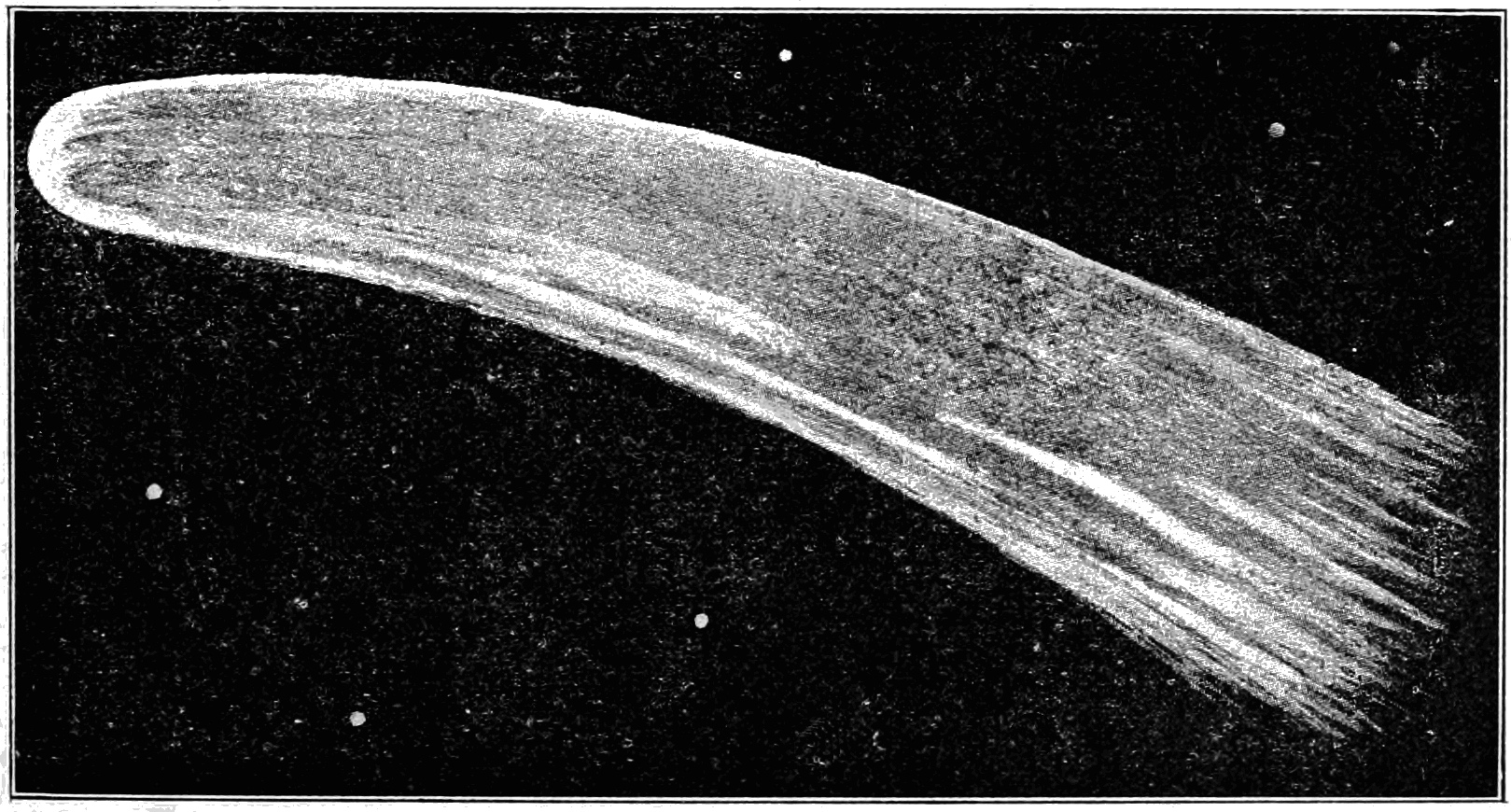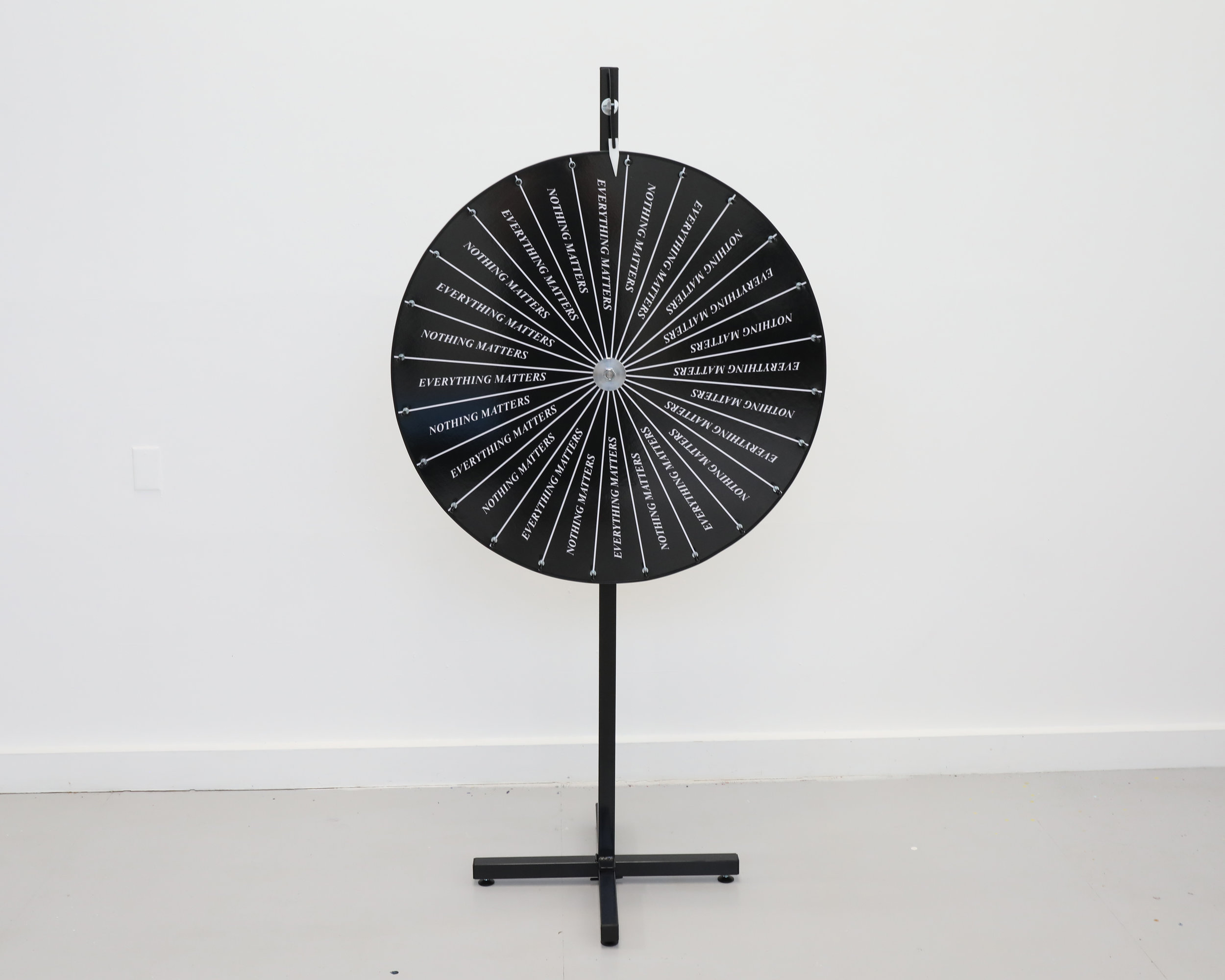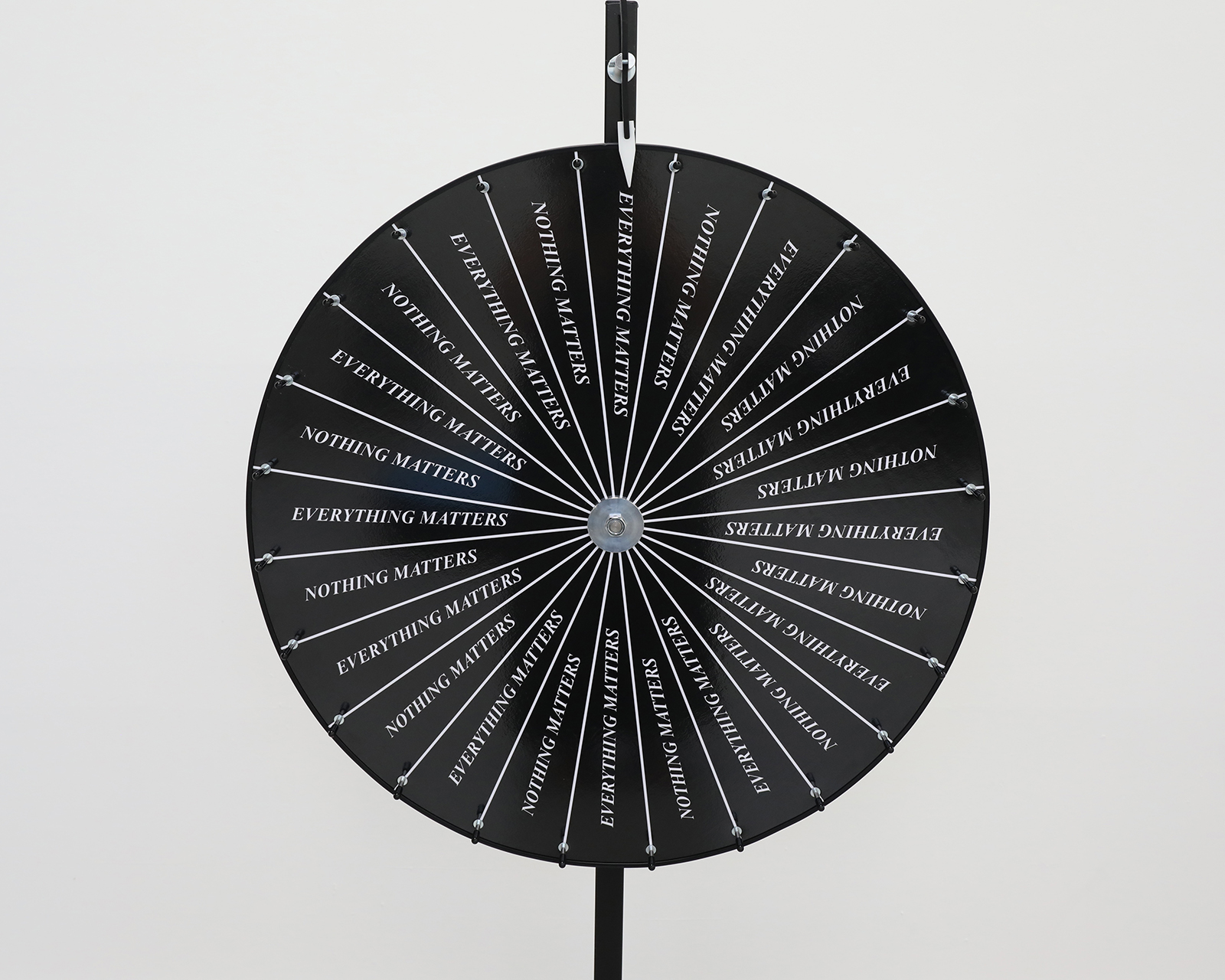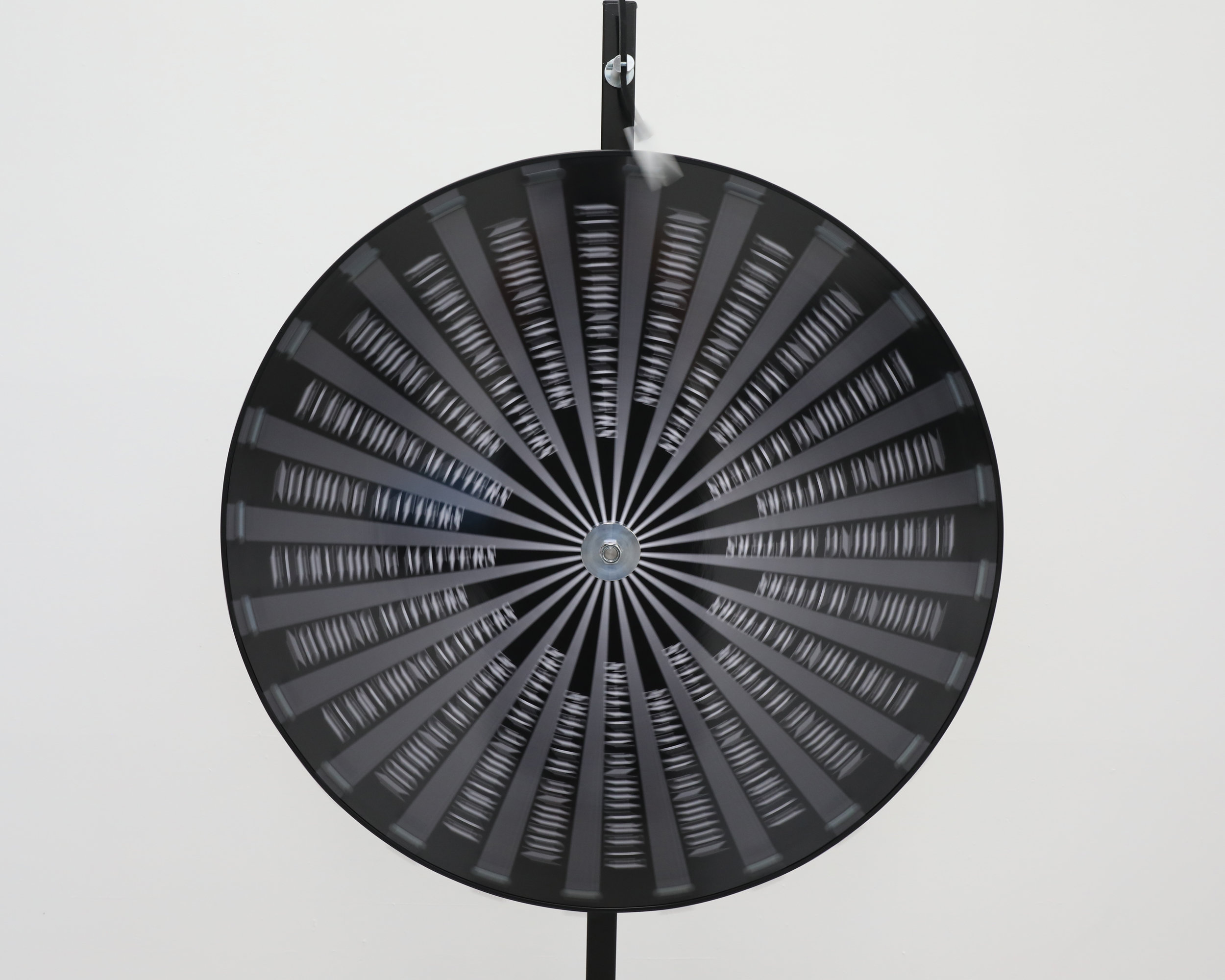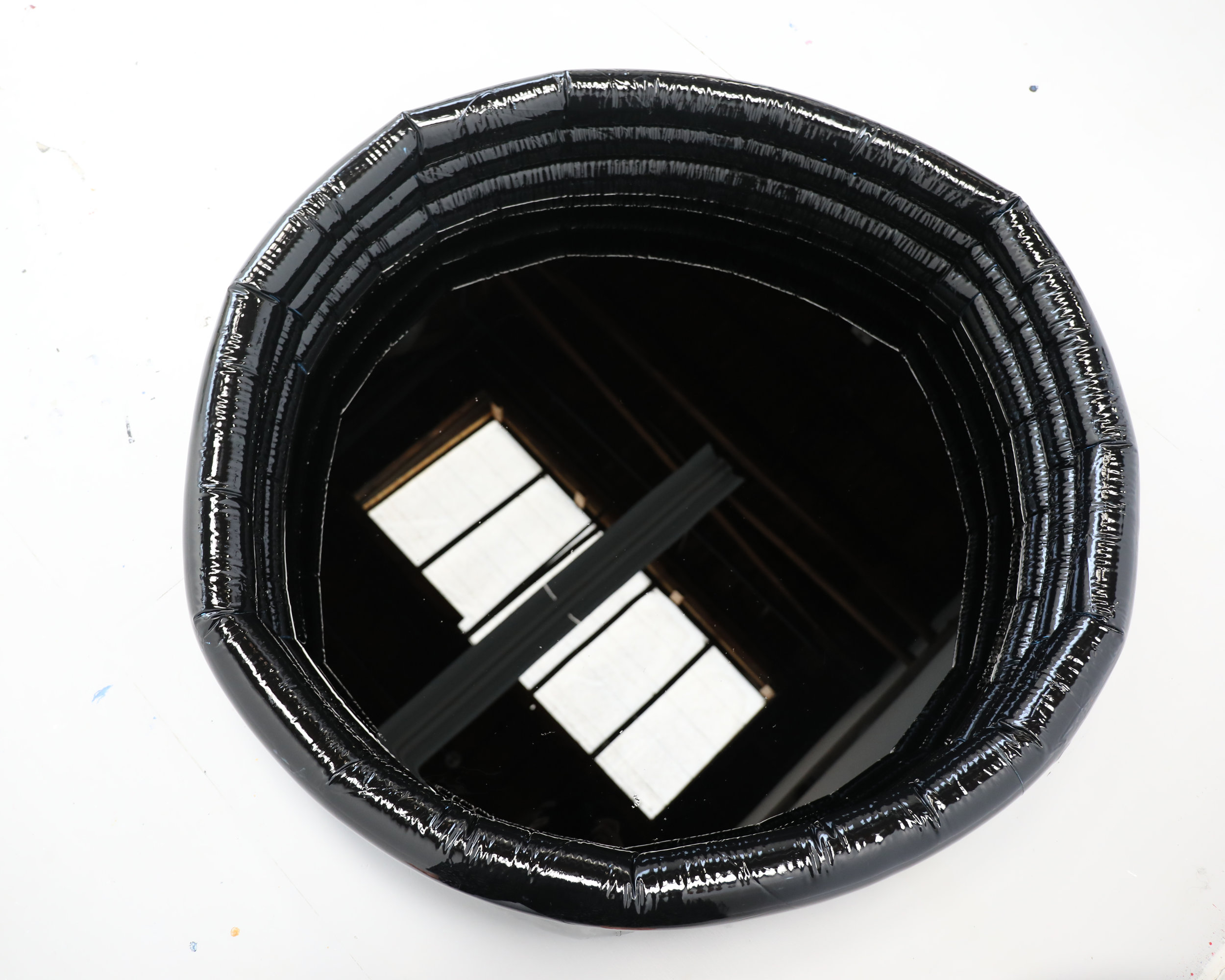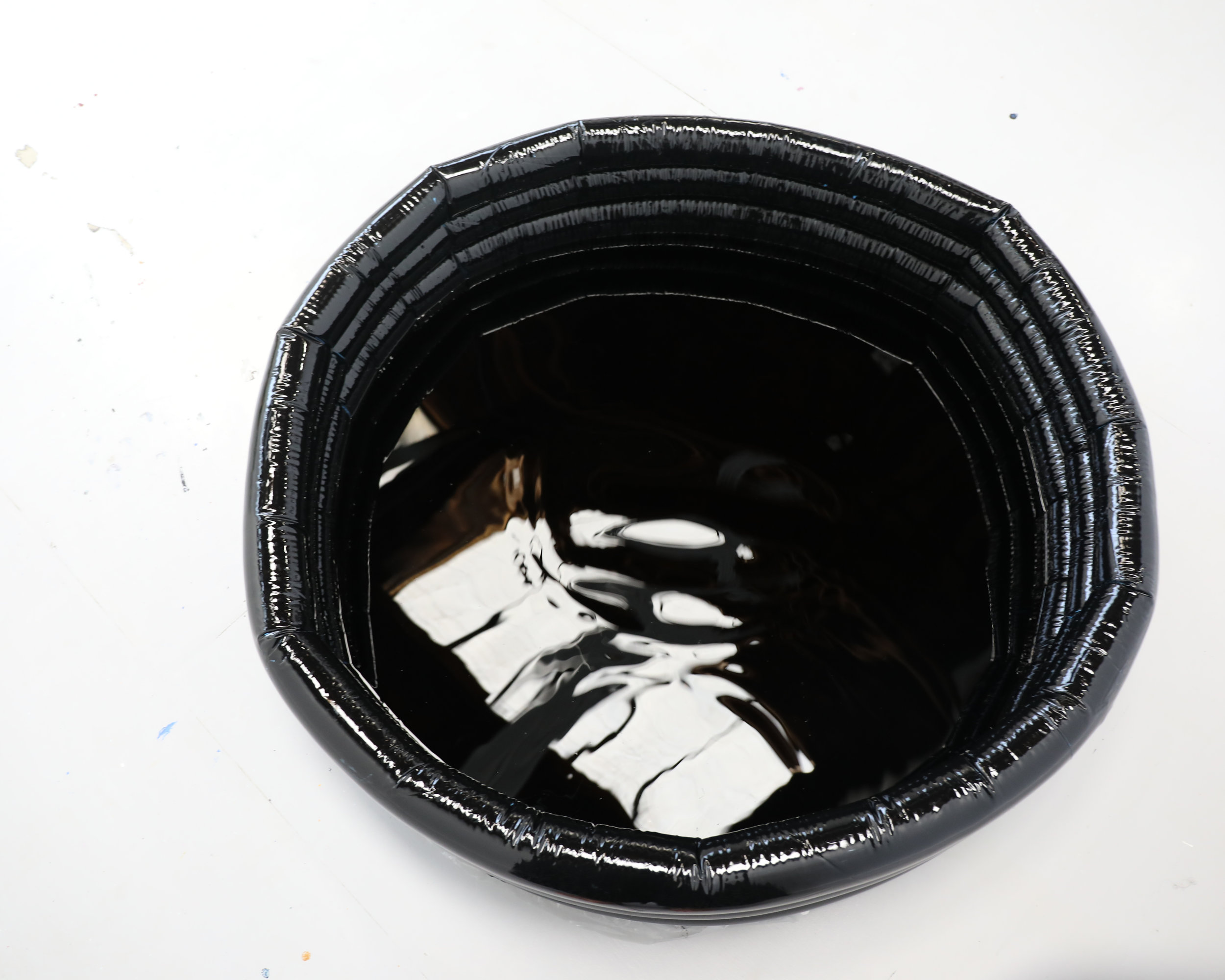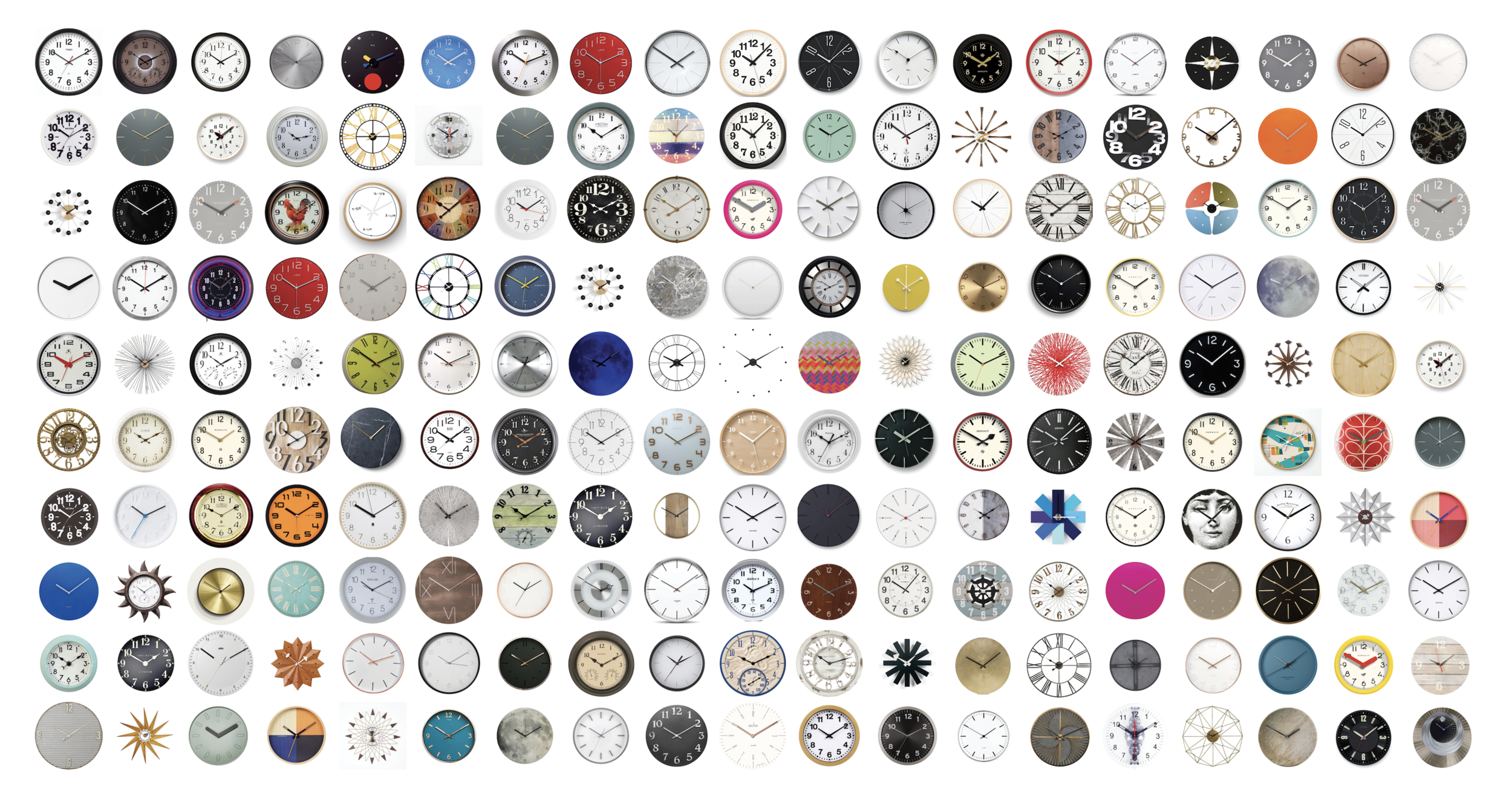A Knife Under the Bed Splits the Pain in Two
Every 74 to 79 years Halley’s Comet comes close enough to earth that it is visible to the naked human eye. During Halley’s 1835 fly-by Samuel Clemens, later known as Mark Twain, was born. Mark Twain was once an imperialist, but made a complete about face and became an anti-Imperialist speaking out against US war Agendas and slavery, as well as urging for labor laws and unions. Twain is considered the father of American Literature and was quoted in 1909 stating that he would be deeply disappointed if he didn’t take his last breath along-side the trail of cosmic light that he arrived with. Twain died on April 21, 1910 – just as Halley’s apparition faded into the black one more time.
A Knife Under the Bed Splits the Pain in Two is an exploration of moments like Samuel Clemen’s death – moments that ask us to consider how something makes sense or what kind of meaning we should draw. Is it a hint from the cosmic divine? Or, is it simply a reminder of the absurdity that prevails, existing within a reality that is completely random?
Humans have attempted to make sense of their world since they could contemplate such things, but these questions become heightened in times of great despair. When our realities become so abstract because they seem to defy logic or when our world becomes a place we do not recognize, how do we make it through? By looking at moments where significance is acutely called into question, Tunkl offers space to feel both the heartbreak and the awe that arise from exploring the thin line between what makes something meaningful or meaningless.
